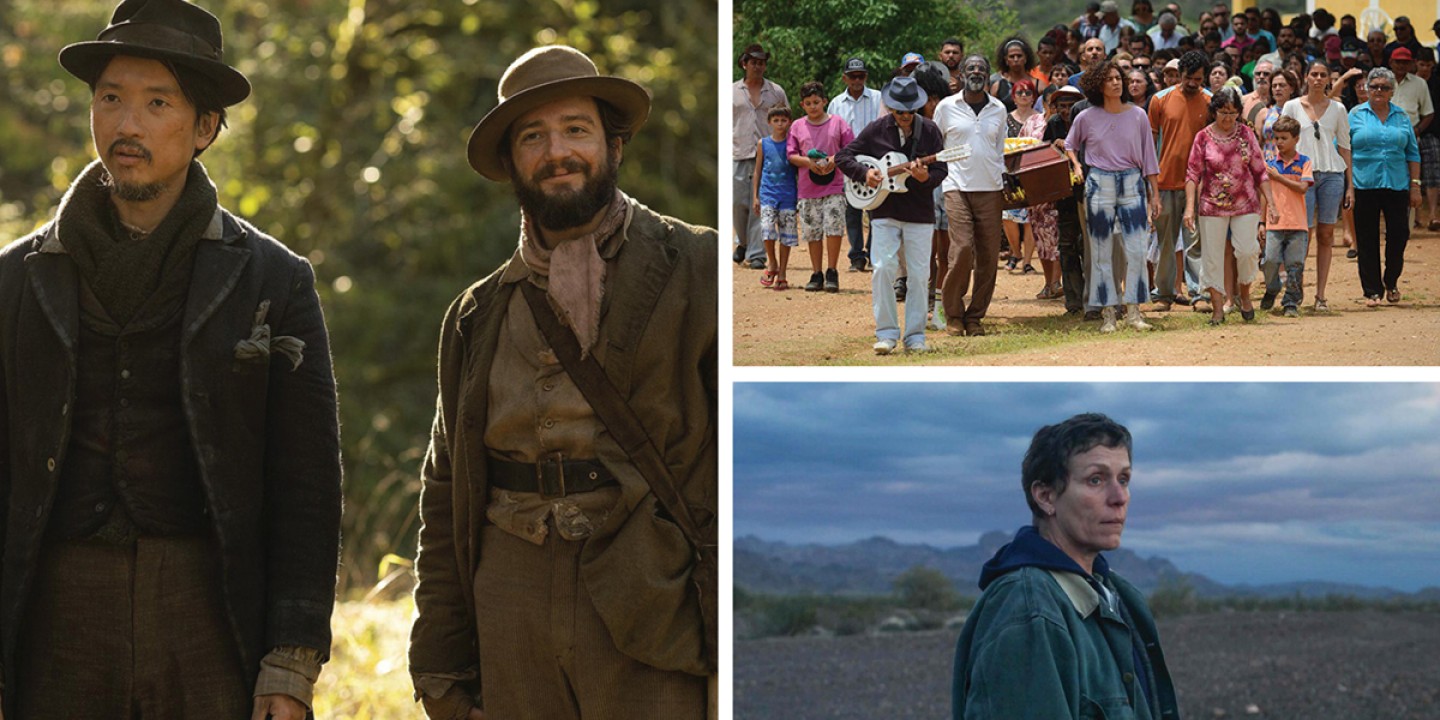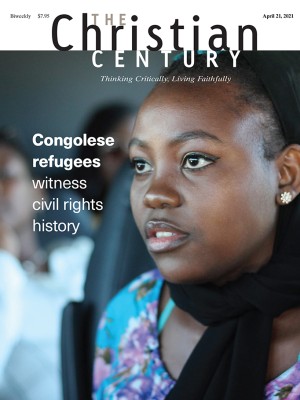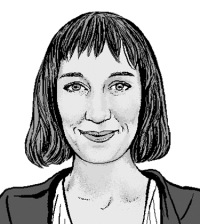Three neo-Westerns that reimagine the genre
First Cow, Bacurau, and Nomadland reveal the stark racism of classic American Westerns.

I spent the last month of winter swaddled in a neo-western cocoon. Three movies I have waited a year to watch due to pandemic delays finally became available: First Cow, Bacurau, and Nomadland. All three have quickly taken their places among my favorite movies, and while they vary greatly in mood and style—from slow and meditative to thrilling and majestic—they all play with the tropes of the American western.
It is perhaps not surprising that in the second half of the Trump administration these directors—all women or people of color—turned to the western to explore contemporary American life. American mythologies about the West are, after all, an early expression of an “America first” ideology. The western genre in popular culture crystalized White supremacist fantasies about mastering the land and exerting control over all non-White others. As these forces have reasserted themselves in public discourse, these artists break open the genre to reveal the stark racism of the original fantasies. But they also reimagine the genre through alternative communities, allegiances, and hoped-for futures buried within its tropes.
Read our latest issue or browse back issues.
In the classic western, White pioneer families must be protected against lawless bandits and wild “natives” by a new class of cowboy hero so that Manifest Destiny can unfold. First Cow (directed by Kelly Reichardt and available on Hulu) eschews these heroics to explore an intimate, unlikely friendship between Cookie (John Magaro), a White camp cook with aspirations to open his own pastry store, and King-Lu (Orion Lee), a Chinese immigrant with dreams of making his fortune.
Cookie and King-Lu both move to the American Northwest in the 1820s because they are unable to make a living back home (whether that home is overcrowded, industrializing Boston or China). But they quickly discover that even out west their labor is sold cheap, and the promise of easy riches and self-determination is unattainable for all except the chief factor, an officious Brit who sets trading prices and relies on military force to keep hired hands in order. Thanks to some surreptitious help from the chief factor’s cow, Cookie and King-Lu hatch a plan to get rich so they can move on to California, where they hope the promise of their western dreams will finally be fulfilled.
First Cow’s most radical revision of the genre is to suggest how many stories about the West are buried from our view. Under the mythology of the self-determining White pioneer or cowboy are stories of people from many lands and of many races who formed unexpected friendships and resisted a system that saw them only as bodies from whom labor could be extracted. In the American West, these people pursued their own dreams, which sometimes aligned with the mythology but often didn’t.
The Brazilian film Bacurau (directed by Juliano Dornelles and Kleber Mendonça Filho and available to rent on Amazon) stretches the boundaries of the western even further by placing White American western expansion and cowboy culture in a global frame. The town of Bacurau is based on a historical quilombo, Brazilian settlements founded and defended by escaped African slaves in the 1600s. In the film, Bacurau is a utopian mix of Black, White, Indigenous, queer, trans, and poor people; of doctors, teachers, prostitutes, and gangsters. When a group of White northerners—mostly Americans, with a few Europeans—shows up, the movie takes a wild, dangerous turn. What unfolds is a thrilling, surprising inversion of the tropes of American western cinema repurposed as a postcolonial psychological thriller. The White settlement under attack from marauding Indians is flipped on its head as the citizens of Bacurau call on their heritage to defend themselves against White cowboy culture.
Bacurau forces the American viewer to think about the entwined histories of enslavement, Indigenous massacre and displacement, and stolen labor that unite the Americas in a shared colonial past. It also forces us to confront how cowboy fantasies have migrated around the world, shaping popular culture (like the movie we are watching) and also real-world politics and violence. But more than anything, it offers an exhilarating vision of alternative communities that have been forged at the margins of this history and that can press the genre to new and unexpected places.
Nomadland (directed by Chloé Zhao and available on Hulu) is less obviously related to the western genre. The main character, Fern (Frances McDormand), joins a group of self-described nomads, most of whom are played by real-life nomads as slightly fictionalized versions of themselves: van-dwellers who chase seasonal work across the West and Midwest, gathering in RV parks and campgrounds to exchange goods, share job leads, teach each other practical skills, and forge friendships. Despite having worked steadily their whole lives, the nomads have no retirement savings or pensions, and Social Security is too meager to support them. They exert self-determination by taking to the road, creating their own barter economy, and working only enough to fund the reduced expenses of their lives.
When Fern’s van breaks down, she visits her sister Dolly to ask for cash. Dolly’s upper-middle-class friends are alternately attracted to Fern and repulsed by her. In theory, unrestrained travel sounds glamorous. In reality, it looks a lot like poverty and vagrancy. “What the nomads are doing is not that different than what the pioneers did,” Dolly (Melissa Smith) says awkwardly, trying to fit the nomads into the narrative of the self-sufficient homesteader.
By putting the comparison to the pioneers in the mouth of Dolly instead of the nomads themselves, Zhao withdraws it almost as soon as it is made. Watching Nomadland alongside these other neo-westerns, I would group the nomads with Cookie and King-Lu, or the motley crew in Bacurau. They aren’t so much heroic pioneers as castoffs of a system of labor and exploitation who are struggling to determine their own future collectively, to find rest and plenty in a system that has denied them both. The hyper-capitalism that depends on their labor but easily discards them is the inheritor of the same forces that set western expansion in motion.
In the hands of these creators, fantasies about the West hold the seeds of something genuinely democratic, a powerful struggle of people to build a life of plenty and freedom together. When we remember how powerful mythologies of American exceptionalism and White superiority have been in shaping our world, the revisions they are offering appear all the more startling and necessary.
A version of this article appears in the print edition under the title “The Wild West reimagined.”






